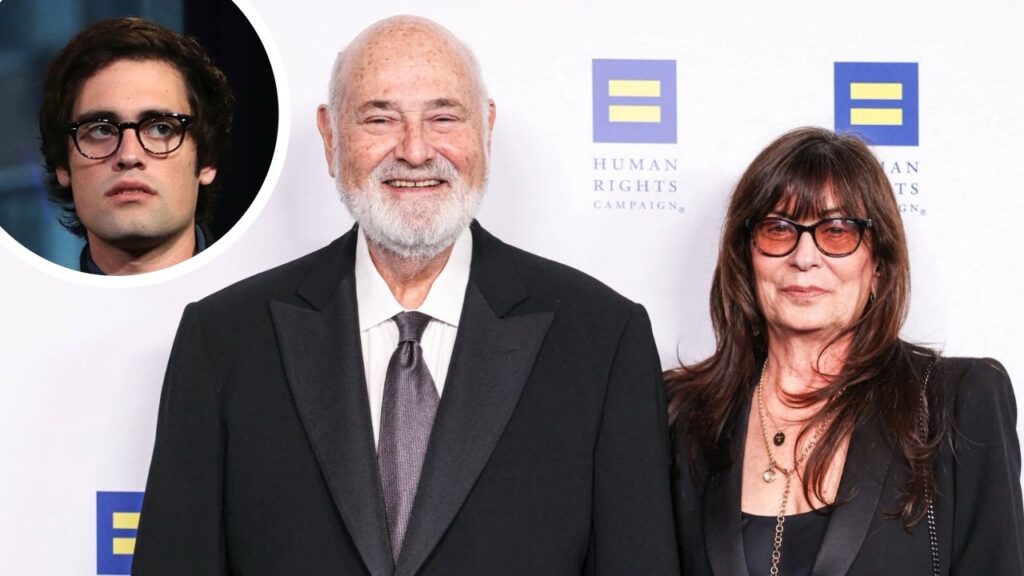NEW YORK — Lawyers representing OxyContin maker Purdue Pharma, members of the Sackler family that owns it, and various groups across the U.S. plan to collectively urge a bankruptcy court judge to approve a comprehensive settlement for the multitude of opioid-related lawsuits against the company. If ruled in favor, U.S. Bankruptcy Judge Sean Lane's decision could effectively resolve a long legal battle regarding Purdue's role in the opioid crisis, which has been linked to an estimated 900,000 U.S. deaths since 1999.
The bankruptcy proceedings have evolved significantly since Purdue filed for protection six years ago, predominantly due to escalating claims reaching trillions of dollars. The current proposed settlement plan has garnered striking support from government entities and, notably, elicited minimal opposition from personal injury victims—out of over 54,000, only 218 expressed disapproval.
Despite the broad backing for the plan, the hearing has not been without dissent. Some objectors voiced their frustrations, arguing that the settlement primarily favors states and other government entities while neglecting individual victims. Others called for the Sackler family to be held criminally accountable, an issue Judge Lane noted is outside the bankruptcy court's jurisdiction.
As the court weighs the settlement, observers note that the arrangements could lead to one of the largest opioid settlements in history. The Sackler family would be compelled to contribute up to $7 billion while relinquishing ownership of Purdue Pharma. Future profits from the restructured company would be directed towards addressing the opioid crisis, although many family members have retained their wealth in offshore trusts, complicating potential future lawsuits.
Critics, including individuals whose lives have been irreversibly changed by opioid addiction, argue the settlement falls short in providing adequate compensation. Notably, the settlement could set aside approximately $850 million for personal claims, though many applicants lack sufficient documentation to qualify. The compensation structure suggests that those with longer prescription durations could receive around $16,000, while others may see much less.
The potential settlement has also sparked debates about victims' rights and corporate accountability in addressing the lasting impacts of the opioid crisis. While some argue that significant settlement funds will flow towards preventing further opioid-related harm, concerns remain about the adequacy of remedies for direct victims of Purdue's products. As court proceedings continue, the broader implications of this settlement will undoubtedly influence ongoing discussions about corporate responsibility and the lives affected by the opioid epidemic.
}






















